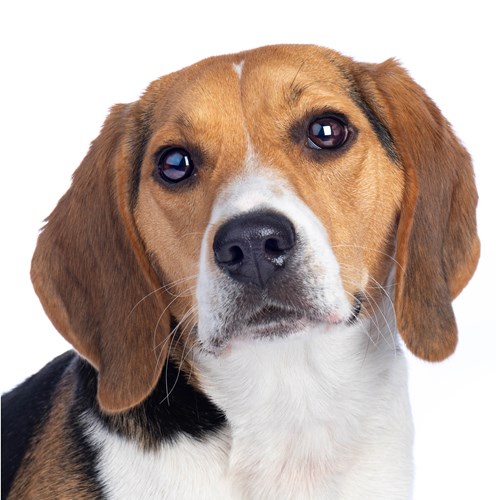
Key Information
CPD Hours: 42 hours
Course Length: Six weeks
Course Format: An intensive tutor-moderated online learning experience. Resources include electronic course notes, supplementary reading, case assessments and discussion forums in which participants review and discuss cases with their colleagues and the tutors
Enrol Now
Alternatively you can download and email using our Registration Form
Course Information
- Review of problem-based clinical reasoning
- Problem-based approach to: epistaxis, melaena and haematuria; seizures and weakness; coughing and dyspnoea, jaundice and hepatobiliary disease
- Diagnosis and management of kidney disease
If you have been waiting for a chance to develop your problem solving skills even further then this is the course for you!
This online course runs for six weeks and will build on the problem solving skills introduced to participants in previous logical clinical problem solving courses.
Why do this course?
This course is designed to enhance your knowledge and skills in applying logical problem solving skills to important clinical signs
seen in small animal practice.
David Church, BVSc PhD MACVSc FHEA MRCVS
Professor of Small Animal Studies
The Royal Veterinary College
Jill Maddison, BVSc DipVetClinStud PhD FACVSc SFHEA MRCVS
Professor of General Practice
The Royal Veterinary College
Lucy McMahon, BVetMed DipACVIM DipECVIM-CA FRCVS,
RCVS and EBVS® Specialist in Small Animal Internal Medicine
Anderson Moores Veterinary Specialists, Winchester
Harriet Syme, BSc BVetMed PhD DipACVIM DipECVIM-CA DipACVNU FHEA MRCVS
Professor of Small Animal Internal Medicine
The Royal Veterinary College
Holger Volk, DVM DipECVN PhD FHEA MRCVS
Professor for Small Animal Diseases, University of Veterinary Medicine Hannover
Honorary Professor of Veterinary Neurology and Neurosurgery, The Royal Veterinary College
Relevant CPD courses you may find of interest
Logical clinical problem solving online
Webinar Plus: Behavioural medicine in general veterinary practice
Webinar Plus: Building resilience to the challenges and pressures of practice
Webinar Plus: Master how to thrive (not just survive) in veterinary practice
Webinar: Supporting students with specific learning differences in the veterinary workplace

